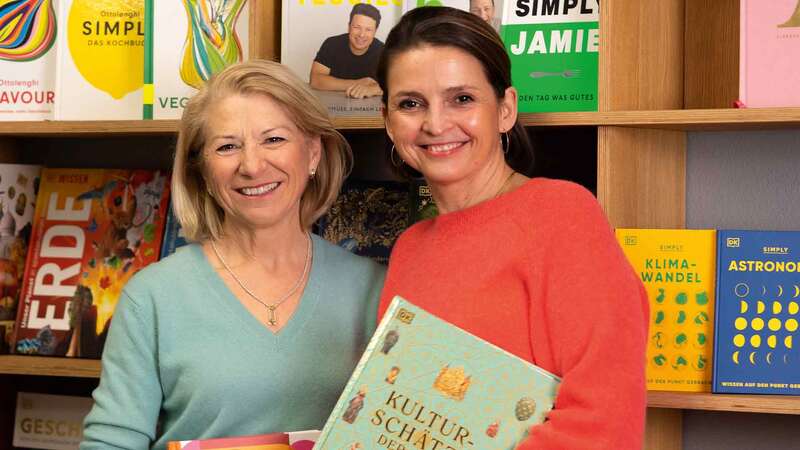You are viewing your 1 free article this month. Login to read more articles.
Book sales down 1.9% in Germany
Book sales in Germany were down 1.9% to €9.44bn last year according to economic data published by the trade association Börsenverein des Deutschen Buchhandels.
It was a difficult year according to managing director Peter Kraus vom Cleff, “marked by procurement bottlenecks, an immense increase in manufacturing and energy costs as well as high inflation”.
What has alarm bells ringing is the fact that the number of people buying books continued to decline last year—25.8 million bought books, around 1.4 million fewer than in the previous year. This figure closely relates to what Kraus vom Cleff calls one of the biggest problems the industry is currently facing: the “growing inner-city desolation” accelerated by the pandemic with noticeably less footfall in the high street and shopping centres.
He warned that many book-related companies are working at their economic limit. This does not only apply to many independent booksellers but particularly to small publishers. Their situation is increasingly dire because not only did their titles lose out during the pandemic to well-known authors and bestsellers, but they are also still suffering huge losses because costs remain high.
It is therefore crucial, says Kraus vom Cleff, that the government in Berlin quickly implements the support for publishers it promised more than 18 months ago in its coalition agreement. Equally important for the whole industry but especially for booksellers are viable concepts and initiatives to revive the footfall on high streets across the country.
Despite the problems in the high street, brick-and-mortar booksellers who were hard hit during the pandemic with several lockdowns fared much better last year than many observers expected, slowly clawing back the losses they incurred in 2020 and 2021. Börsenverein data which are based on statistics by retail monitor Media Control, show that sales in physical bookshops increased by 5% to €3.95bn.
While this figure is 7.9% behind the pre-Covid year 2019, it still made them the largest channel for books in Germany with a market share of 41.9% (2021: 39.1%). Internet sales – including the online business of physical bookshops – fell 12.6% to €2.28bn with a market share of 24.1% (27.1%).
The title output was stable with 64,278 new releases. The number of translations which always feature strongly in German publishers’ lists, rose again from 8,703 to 9,403 after two years of decline.
Looking at 2023, the jury is still out. While overall sales were up 4.1% year on year after the first six months, this is mainly due to higher prices. The average price rose 5% between January and June while the number of sold copies was down 0.8%.

















